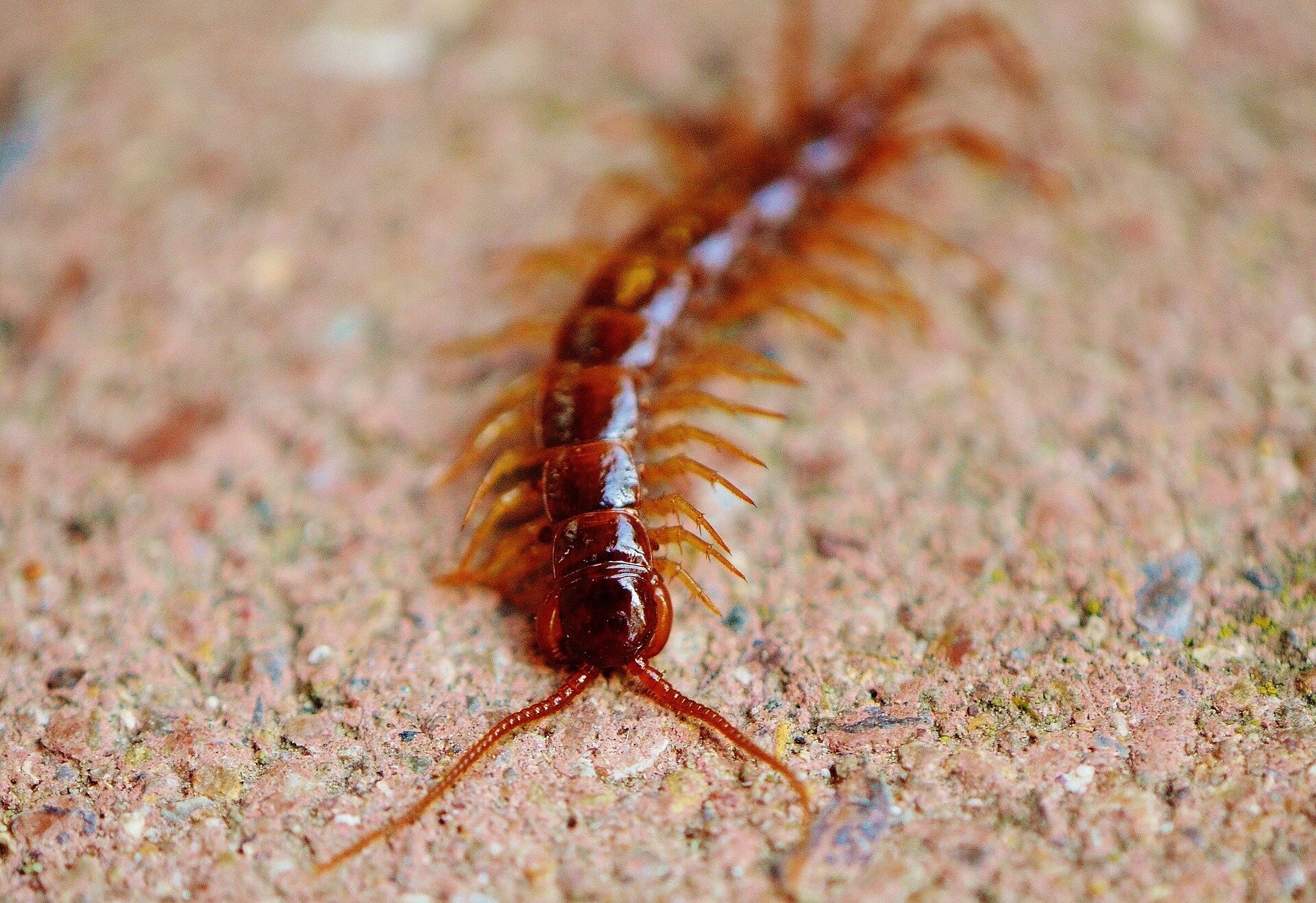A venomous, 8-inch centipede may be the stuff of nightmares, but it could save the life of those affected by kidney disease. Researchers report in the Journal of Natural Products that the many-legged critter—used in traditional Chinese medicine—contains alkaloids that in cell cultures reduced inflammation and renal fibrosis, which both contribute to kidney disease.
Some 1,500 species of animals are used in traditional Chinese medicine, but little is known about many of the secondary metabolites their bodies produce for specialized functions such as immobilizing prey. The few compounds that have been studied, such as toad venom for cancer treatment, have proved to be fruitful leads for drug development.
So, Yong-Xian Cheng and colleagues decided to examine the secondary metabolites produced by the Chinese red-headed centipede (Scolopendra subspinipes mutilans). The venomous centipede has been used for thousands of years in treatments for conditions including epilepsy, tuberculosis, burns and cardiovascular disease.
The researchers mixed a sample of dried centipede powder with ethanol to extract numerous compounds from the animals and then separated and identified the constituents with techniques such as chromatography and spectrometry. The team found 12 new quinoline and isoquinoline alkaloids, including some with unusual molecular structures, along with a half dozen other alkaloids that had previously been detected in this species or in plants.
In cell cultures, some of the alkaloids showed anti-inflammatory behavior, while a portion also reduced renal fibrosis. This buildup of connective tissue is associated with chronic kidney disease and is stimulated by inflammation.
Finally, the researchers identified a protein that plays a role in renal fibrosis and that was targeted by the most effective dual-function alkaloid. This information could provide a lead for developing treatments for kidney disease, according to the researchers.
More information:
Bin-Yuan Hu et al, Structurally Diverse Alkaloids with Anti-Renal-Fibrosis Activity from the Centipede Scolopendra subspinipes mutilans, Journal of Natural Products (2024). DOI: 10.1021/acs.jnatprod.4c00044
Provided by
American Chemical Society
Citation:
Centipedes used in traditional Chinese medicine offer leads for kidney treatment (2024, May 2)
retrieved 3 May 2024
from https://phys.org/news/2024-05-centipedes-traditional-chinese-medicine-kidney.html
This document is subject to copyright. Apart from any fair dealing for the purpose of private study or research, no
part may be reproduced without the written permission. The content is provided for information purposes only.


